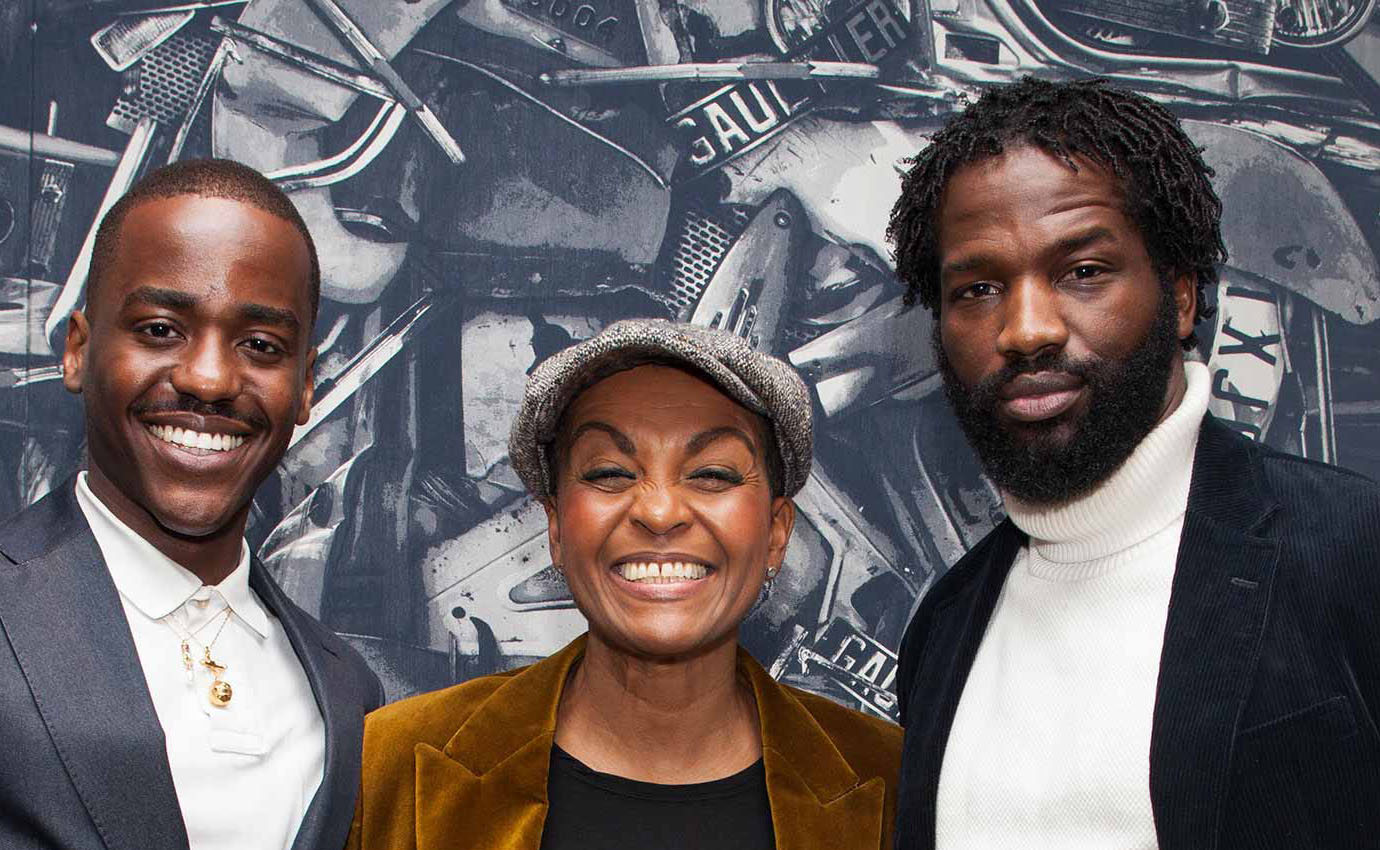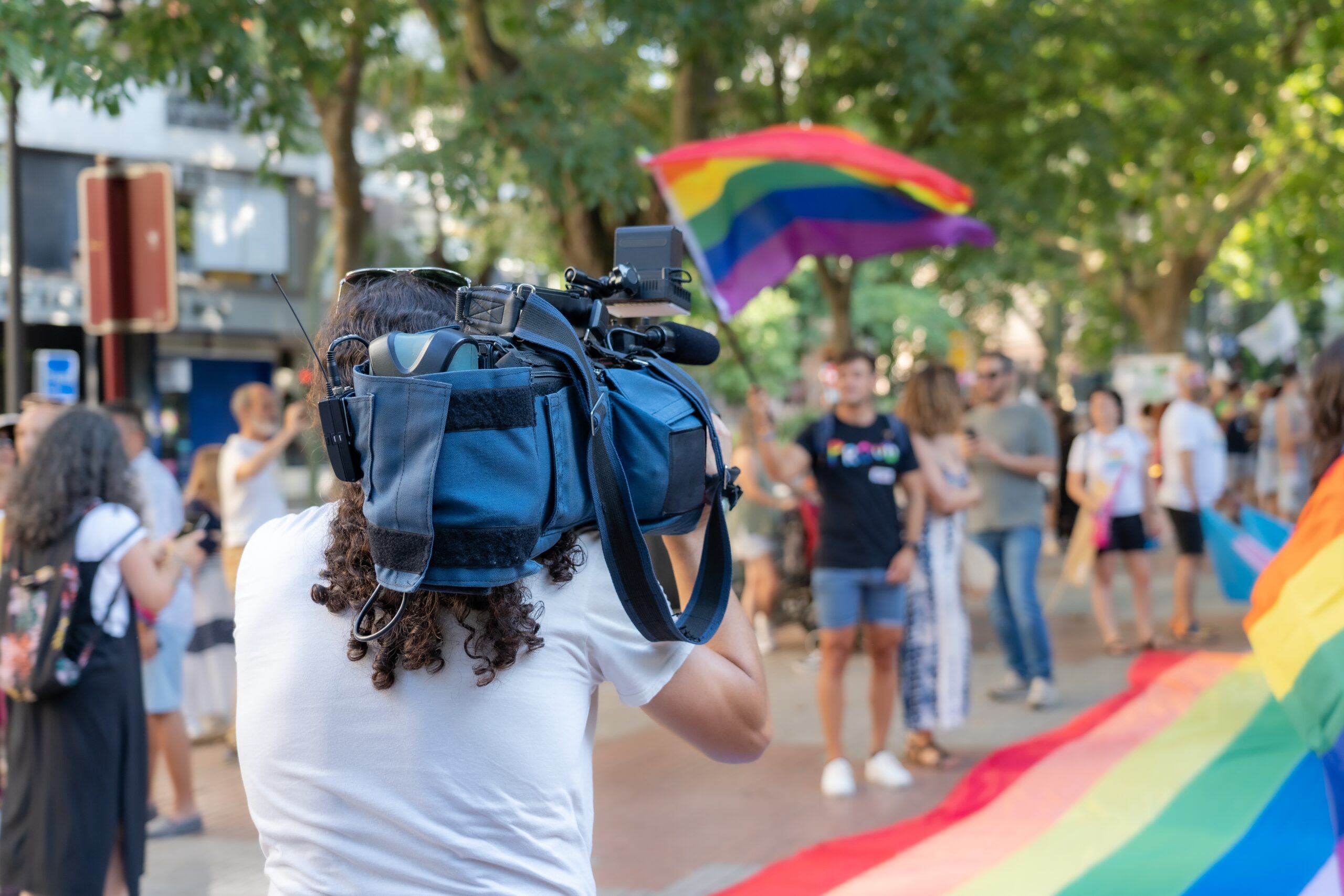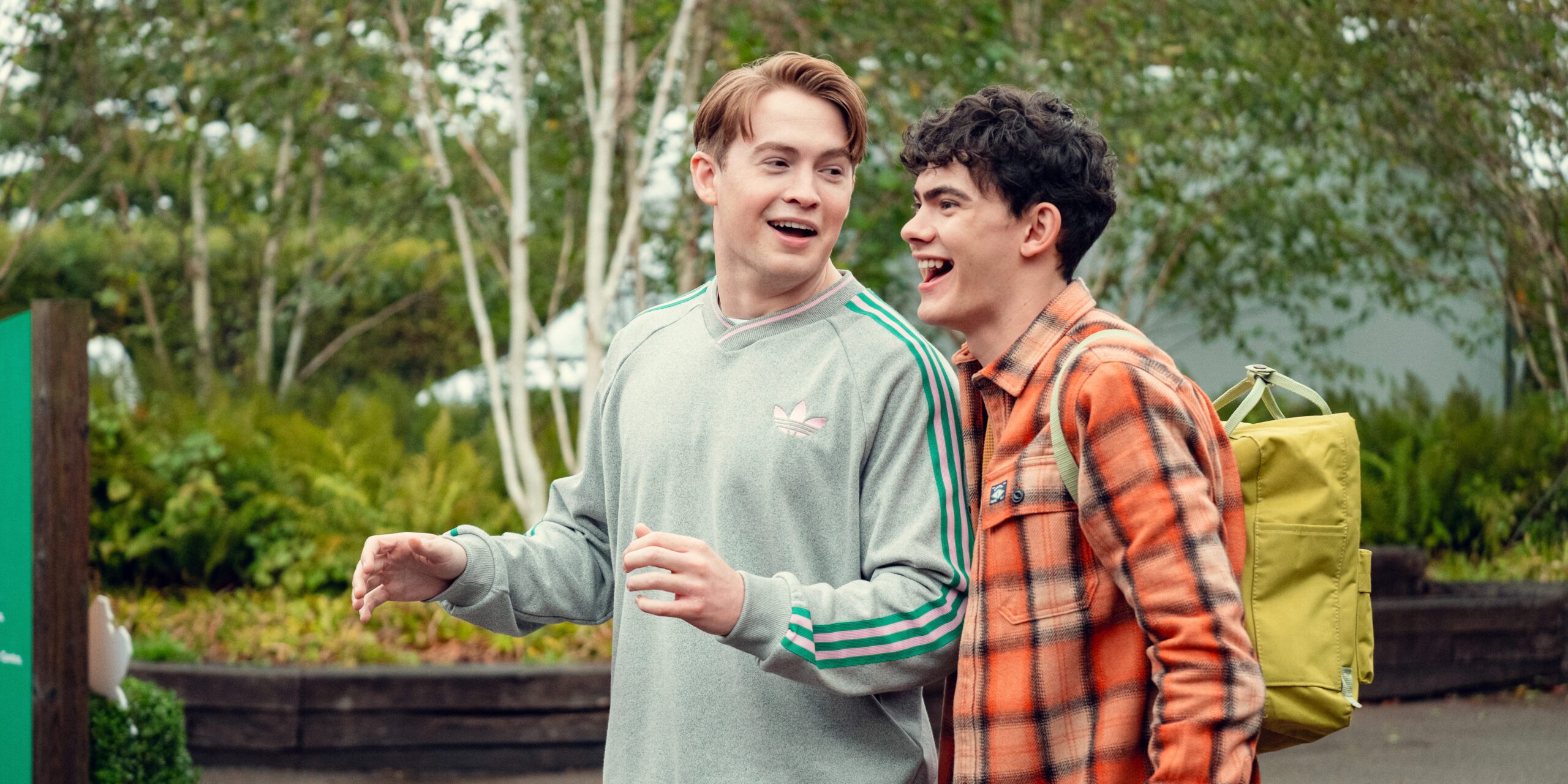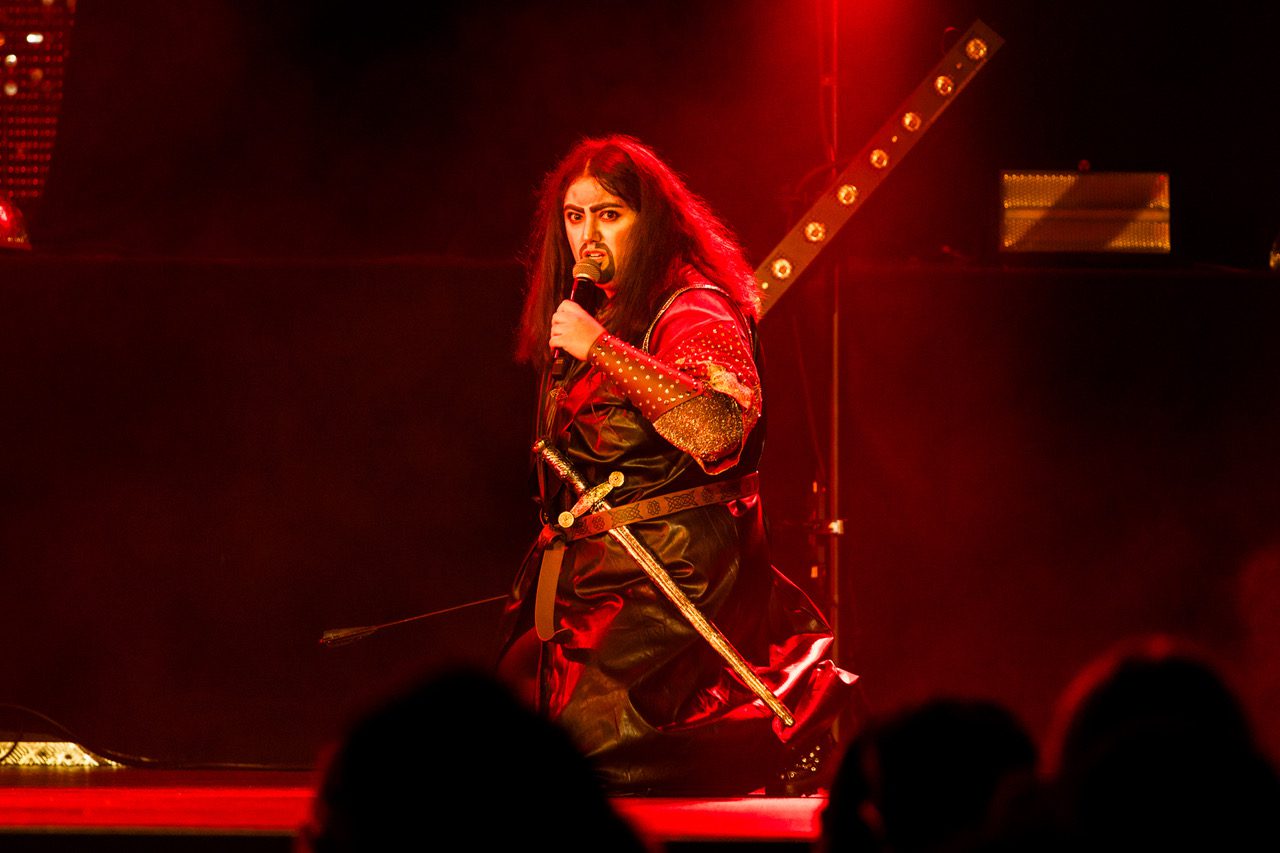We spoke to performers attending the Casting Directors Awards 2022 to find out what made them want to become actors.
The Casting Directors Awards (CDGs) are over for another year. Trophies were awarded, speeches were given, laughs were had and drinks were drunk. Meanwhile we jumped at the chance to speak with some of the performer guests in attendance to find out how they came to be actors.
Watch the video below to find out why performers including Nicola Coughlan, Ncuti Gatwa, James Norton, Clint Dyer, Ambika Mod, Jennifer Saunders, Tommy Jessop, Adjoa Andoh and more became actors.
Video Transcript:
Nicola Coughlan: I was four or five and I was watching The Wizard of Oz. And I didn’t really know what it was, but I thought it was magic. And I was like, “Whatever it is, I want to do that.” And then I got my first job when I was nine and then it was fine, I got my break when I was 30, it was just a couple of years of waiting! It took a bit of time.
Ncuti Gatwa: Well, I was 17, didn’t know what to do at school. I’d done a little bit of dance before, then stopped that. Was trying to figure out what I could do. And my teacher was like, “Go to drama school.” And never looked back.
James Norton: So I had the bug from when I was really young, and then did lots of youth theatre and stuff like that, work experience at theatres. And then went to drama school and then, from there, it’s no turning back. So it was never really an active choice. It was just always there in the background. Yeah, and I just had to do it.
Clint Dyer: Theatre Royal Stratford East workshops on a Saturday morning, improvising. I really loved the idea of telling stories through acting.
Ambika Mod: Comedy, live comedies, stand up, sketch, improv, that’s how I found my way into acting as well.
Clint Dyer: Right, there you go, same thing.
Ambika Mod: Really similar thing, yeah, yeah, yeah.
Jennifer Saunders: When I was at college, I met Dawn French and we just started messing around together. And then we messed around in front of a few people and then some more people. Amusing people and making them laugh is pleasurable. And it’s vaguely addictive.
Tommy Jessop: The BBC, straight-
Emily Barber: He went straight to the BBC.
Emily Barber: I did a lot of dance. I probably did ballet aged three and then did am-dram stuff. And then was like, “Yeah, this is way more fun than everything else.” I don’t think I ever made a choice. I think it’s just keep doing it until something goes wrong.
Sope Dirisu: I was halfway through my university degree and I was not enjoying it. And my mum could see that in my disposition. But I really found joy acting. And I loved the people that I shared that with. So she was like, “You have to try.”
Marisha Wallace: I was always a singer, and then my high school music teacher took me to see a production of Aida, Disney’s Aida. And it was the first time I’d ever seen a black woman as the lead of a show, and doing things I’ve never seen before. I was like, “You can get paid to do that? What?” And she, my music teacher was like, “This is what you should be doing.” And I’m just so thankful for her, for opening my eyes to that. Because that’s where I got my first bug that I wanted to do it and then I was pursuing it from then on.
Adrian Lester: Youth theatre, for me, in Birmingham. I did plays, I went to watch plays there at the Birmingham Rep. And I got to the point where I wrote a play, directed a play, and was in the same play for the youth theatre and we took it on a small tour.
Victoria Hamilton: I was doing a drama O Level. Two actors came down from the National Theatre and did an improvisation workshop. One of the actors actually came up to me at the end and said, “We’re not meant to say this, but you’re an actor. You’re an actor.” And then I did what I think an awful lot of people did, I tried to get involved in youth theatre and in stuff like that. And then I auditioned for drama school.
Ralf Little: I joined a drama group in my teens. I think my mum just wanted to get me out of the house because I was loud and precocious. I went along for an audition for a big comedian actor called Caroline Aherne, for a new show called The Royle Family, and did that. And then I started at medical school, I was going to be the doctor. And I started at medical… It was a mad story. I started med school on a Monday and The Royle Family came out on the Thursday. It’s a huge decision to quit med school but if I don’t give this a go, I’ll turn around one day when I’m 40, and wonder what could have happened.
Jessica Plummer: So I left school at 16 and felt like [acting] was the only thing that I was good at. I attempted going to college and doing a business thing. But yeah, quit and then went to a wonderful drama school called Identity. And with the agency, did my first job, and yeah, the rest is history.
Adjoa Andoh: I made other children do plays with me and charged our parents money for interminable wiffy-woffy things that usually involved a lot of net curtain, lights going on and off. So I was that kid. And then I was in Bristol, I was doing a law degree. God, this is like War and Peace. I was in a black women’s group. One of the women in my group was an actress from the San Francisco Mime Troupe. I packed in my law degree, my dad cried. She told me to come and do some of her classes. She got funded to do a show in London. She told me to come up and audition. I auditioned, I got the role, and I just didn’t go back to Bristol. And then I didn’t work for a year either. I cleaned toilets and modelled for life drawing classes.
Pixie Lott: It’s all I’ve ever known. It’s all I’ve ever done. I still have such a passion for it. And I don’t think that will ever go. So yeah, it’s just in my bones.
Jamie Demetriou: I didn’t know how to do anything else. I feel like it’s quite nice sometimes to just try and turn the thing you like doing most into your job. And that felt like something that I probably could never do, but I’d try hard to anyway. And luckily, I ended up doing it which is great.
Image by Scarlett Page.



















